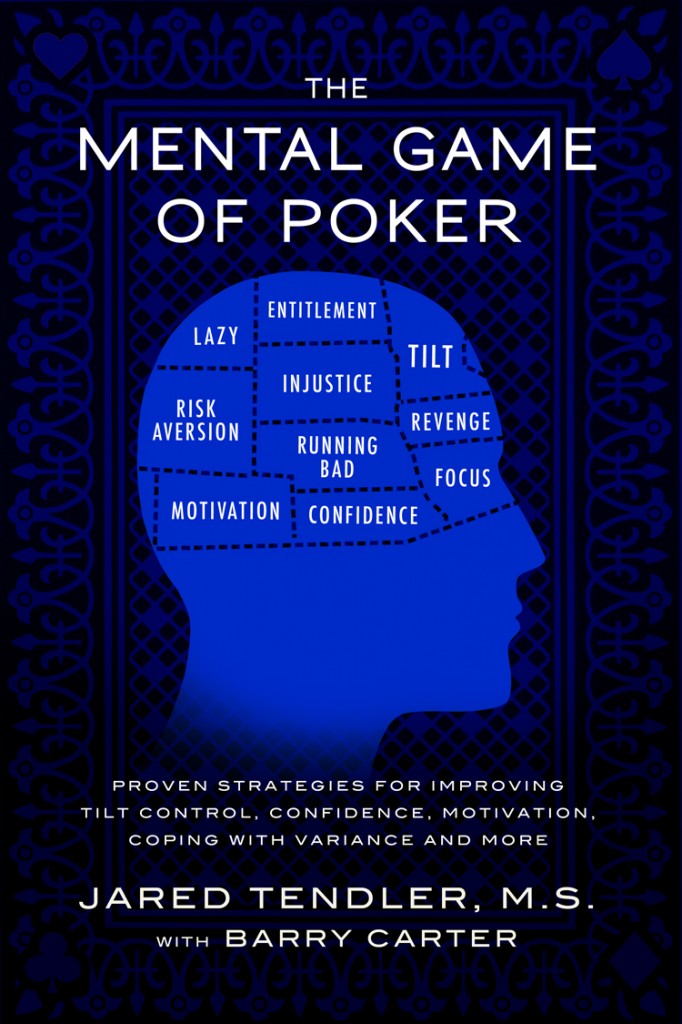Previous part of the book “Mental Game of Poker”: The desire to control the situation, justification for the unwillingness to learn
5.3.7 Bad Beat Stories
Bad beat stories are a prime example of the injustice tilt. This is the part of the game that many would be happy to see disappear. Players hate when they are told these stories, but when they themselves get a bad beat, they somehow feel the need to tell others about it.
Why do players who dislike bad beat stories still tell them?
- They seek confirmation that it was indeed as bad as they think
- It's a form of competition to see whose story is worse
- They are looking for someone to blame
- It's a reason not to improve their game
- They seek pity and sympathy
- Sometimes they create really good stories
For some players, solving this problem requires reading other parts of this chapter. If not, then using the list above, try to figure out why you feel the need to tell bad beat stories and try to stop doing it.
5.3.8 Envy
The injustice tilt is a form of tilt that can develop and accumulate without playing a single hand. The feeling that you are not getting the success you rightfully deserve can come from seeing other players getting more than you think is fair. Sometimes it is mistakenly believed that some successful players are just very lucky, completely ignoring their skills or the amount of work they put into improving.
For example, there are people who think that players like Gus Hansen's money is a result of luck, not skill. So when you think about his millions won and titles earned, it seems incomprehensible and unfair how much he wins compared to you. Envy can also arise when you see a familiar friend, who you think is just as good as you, starting to earn a good reputation in poker. When you see how much he wins, it starts to seem that you should also be lucky.
To improve how you deal with envy, answer the following questions:
- What do you want that others already have?
- What would having that mean to you?
- What could you do that you are not doing yet? (there is always something, even if it's just having more patience)
- What have you achieved that you haven't celebrated enough?
Your answers will show what you need to focus on more, leaving less time to think about others' success. Additionally, players with stable self-confidence have fewer problems with envy, so I recommend reading chapter 8.







